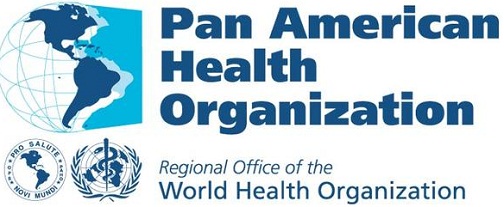GENEVA (CMC) – – New United Nations data show that Barbados and Haiti are among 11 countries in Latin America and Caribbean that have made significant progress in reducing deaths from pregnancy-related causes since 1990.
The new report indicates that the maternal mortal ratio (MMR) in the 11 countries has been reduced by 40 per cent or more since 1990.
Besides Barbados and Haiti, the other countries are Bolivia, Brazil, the Dominican Republic, Ecuador, El Salvador, Guatemala, Honduras, Nicaragua, and Peru.
The report, however, says that no country in the region is on track to meet the Millennium Development Goal (MDG) of reducing maternal mortality 75 per cent by 2015.
Despite this progress, it said an estimated 9,300 women lost their lives in Latin America and the Caribbean due to pregnancy-related causes in 2013, down from 17,000 maternal deaths in 1990.
The new report titled “Trends in Maternal Mortality Estimates 1990 to 2013” estimates changes in maternal mortality worldwide and by region and country.
It was produced jointly by the World Health Organisation (WHO), UNICEF, the United Nations Population Fund (UNFPA), the World Bank and the United Nations Population Division.
Th report found that in Latin America and the Caribbean, maternal mortality declined an average 40 per cent between 1990 and 2013, less than the global average and short of the 75 per cent MDG target for 2015.
However, the region’s overall MMR of 85 deaths per 100,000 live births is considered “low” less than 100 among developing regions.
“We have seen progress in saving mothers’ lives in the Americas, and we welcome that,” said Suzanne Serruya, Director of the Latin American Center for Perinatology/Women’s and Reproductive Health (CLAP), a Pan American Health Organization (PAHO) technical centre.
“But the fact that more than 9,000 women lost their lives from maternal causes last year is unacceptable and means we have a major challenge to reduce those numbers,” she added.
PAHO said globally, maternal deaths have declined 45 per cent since 1990. It said an estimated 289,000 women died worldwide in 2013 due to complications in pregnancy and childbirth, down from 523,000 in 1990.
Another WHO study, published in The Lancet Global Health, casts light on why these women are dying.
“Gobal Causes of Mternal Death: A WHO Systematic Analysis” finds that more than 1 in 4 maternal deaths are caused by pre-existing medical conditions such as diabetes, HIV, malaria and obesity, whose health impacts can all be aggravated by pregnancy.
However, based on these latest trends, PAHO said many low- and middle-income countries, including countries in Latin America and the Caribbean, will not achieve the goal.
PAHO said the lifetime risk of a woman dying from a maternal cause in Latin America was 1 in 570 and, in the Caribbean, 1 in 220.
Although these compare favourably with the average risk of 1 in 160 in all developing regions, PAHO said they are considerably higher than the risk in the United States (1 in 1,800) and Canada (1 in 5,200).
“Despite advances in the last 20 years, there has been too little progress in preventing adolescent pregnancies, abortions, maternal deaths, sexually-transmitted infections and HIV, and there are significant gaps in availability, quality and access to comprehensive sexuality education and services for young people, especially in low-income countries,” PAHO said.










